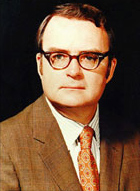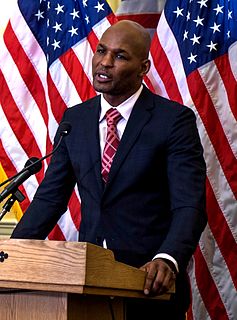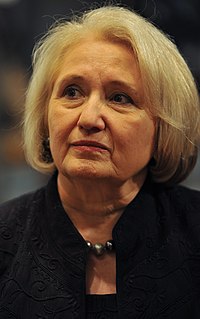A Quote by Aleister Crowley
To knot a sentence up properly, it has to be thought out carefully, and revised. New phrases have to be put in; sudden changes of subject must be introducted; verbs must be shifted to unsuspected localities; short words must be excised with ruthless hand; archaisms must be sprinkled like sugar-plums upon the concoction; the fatal human tendency to say things straightforwardly must be detected and defeated by adroit reversals; and, if a glimmer of meaning yet remain under close scrutiny, it must be removed by replacing all the principal verbs by paraphrases in some dead language.
Related Quotes
The master-economist must possess a rare combination of gifts. He must reach a high standard in several different directions and must combine talents not often found together. He must be mathematician, historian, statesman, philosopher - in some degree. He must understand symbols and speak in words. He must contemplate the particular in terms of the general, and touch abstract and concrete in the same flight of thought. He must study the present in the light ofthe past for the purposes of the future
Then he read the words of the scroll slowly, first in Japanese and then carefully translated into English: 'There is really nothing you must be. And there is nothing you must do. There is really nothing you must have. And there is nothing you must know. There is really nothing you must become. However. It helps to understand that fire burns, and when it rains, the earth gets wet. . . .' 'Whatever, there are consequences. Nobody is exempt,' said the master.
Power and those in control concede nothing ... without a demand. Hey never have and never will... Each and every one of us must keep demanding, must keep fighting, must keep thundering, must keep plowing, must keep on keeping things struggling, must speak out and speak up until justice is served because where there is no justice there is no peace.
In order to translate a sentence from English into French two things are necessary. First, we must understand thoroughly the English sentence. Second, we must be familiar with the forms of expression peculiar to the French language. The situation is very similar when we attempt to express in mathematical symbols a condition proposed in words. First, we must understand thoroughly the condition. Second, we must be familiar with the forms of mathematical expression.







































